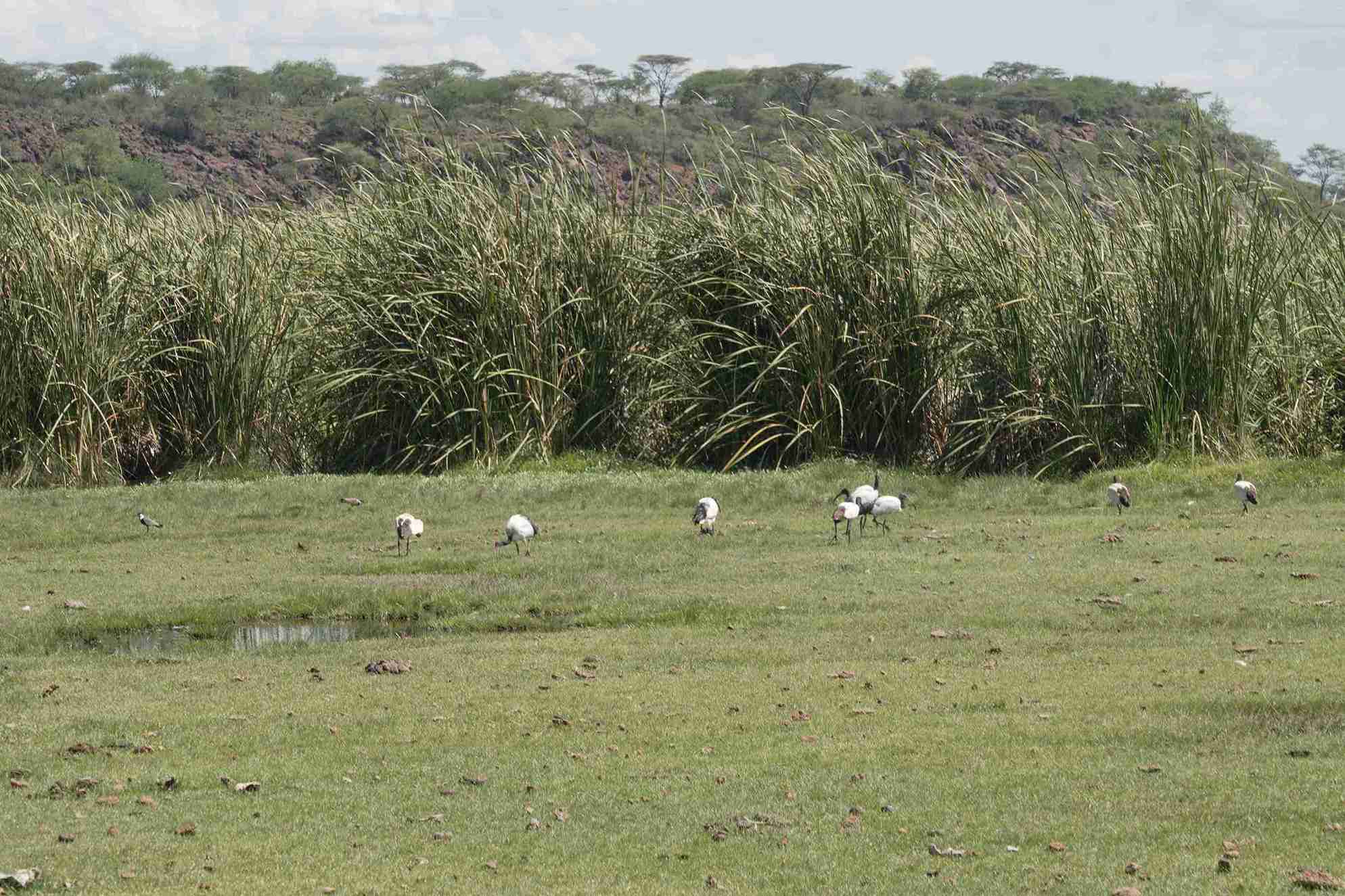 In semi-arid landscapes, water is not just life; it’s survival, memory, and magic. So, when the springs dried up in places like Kiborgoch, Leparua, and Nasuulu, it felt like more than just a drought. It felt like the land was giving up.
In semi-arid landscapes, water is not just life; it’s survival, memory, and magic. So, when the springs dried up in places like Kiborgoch, Leparua, and Nasuulu, it felt like more than just a drought. It felt like the land was giving up.
But the people didn’t.
In 2024, the Native PEP project joined hands with communities to begin a gentle revival. The strategy was simple: fence off the spring areas, remove invasive trees, and let nature do the rest.
In Kiborgoch, where four ancient springs had fallen silent, youth groups fenced the area and cleared out Prosopis trees. Within months, during a transect walk in June, something miraculous happened: the water returned. Grassy mounds began to swell. Wetlands began to stir. The swamp drank again.
Meanwhile, in Nasuulu, the story was more complex. Fences had been erected before, but without commitment, they failed. Native PEP went deeper, engaging youth groups, elders, and conservancy boards to build a shared ethic of stewardship. Not just fencing. Responsibility. Ownership. Legacy.
Spring rejuvenation is not about flashy interventions. It’s about healing hydrology with humility and human effort. It’s about communities remembering their springs and deciding they’re worth saving.
Because when water re-emerges from the earth, it does more than quench thirst. It restores belief.
Prepared by: Simon Njoroge
DO YOU HAVE A
QUESTION?
+254 719 052 113
Send us an
email?
info@nativepep.org

To improve rural livelihoods in East Africa by selecting and using native plants for land regeneration and community forests within a holistic and sustainable land use approach.
To strengthen livelihood security and environmental health in selected regions in Kenya and Tanzania affected by rangeland degradation, deforestation, and invasive alien trees.
Kenya
Tanzania
Northern Tanzania in Arusha Region and adjacent areas in Kilimanjaro (Hai District) and Manyara Regions (Simanjiro District), mainly covering a belt from Lake Manyara to Arusha and Moshi (Kilimanjaro Region).
Copyright © 2023, Nativepep.org. All Rights Reserved.